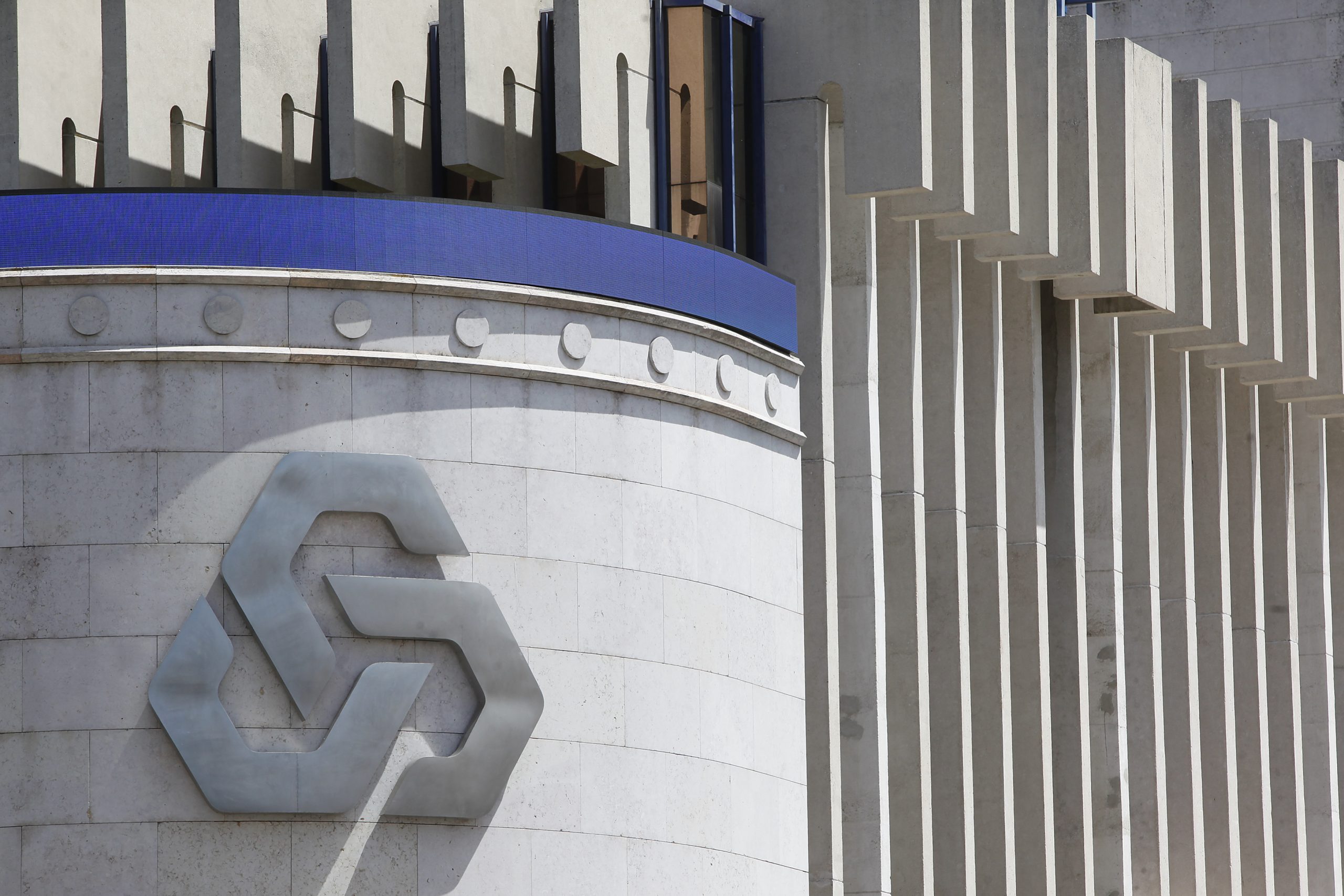Did the III Republic end?

On May 18, Portugal changed.
The regime based on abusive bipartisanship (PSD/PS) and an obsolete left, ended.
For the first time, in the history of current III Republic, we have a new party in the « podium ».
In this wave of change in Portuguese society, we should leave the ideas of custom and objectively realize what we vote in the legislative elections and what are the results and consequences of them.
Contrary to what politicians, journalists, and commentators have told us (in my wrong view), the leader of the most voted party in some legislative elections does not « have the right » to be the nominated prime minister and, much less, the President of the Republic « has a duty to appoint him. »
It is important to know the National Magna Law-the Constitution of the Portuguese Republic-in article 187, paragraph 1 which refers to “the Prime Minister is appointed by the President of the Republic, hearing the parties represented in the Assembly of the Republic and taking into account the electoral results”.
Well, it is a personal decision of the President of the Republic. In this decision, among others, it rests on our semi-presence. And I trust our President of the Republic.
Therefore, despite the existing praxis, it is important to know the national rules and that we realize (and no one needs to be a jurist, as I am, to do so) that in theory the President of the Republic can name the best personality for Prime Minister, inside or outside the parties (and politics), the most voted party or not and may be the leader or not leader.
By the way, the same has happened to António Costa and his sprint (despite the frantic festivities of the old AD on the day of the elections) after the results of October 4, 2015, he / she will have to remember that AD had the same 89 deputies in 2015 and we never forget the final result. Finally, it will also be important to remember the 2010 Norwegian series “Borgen” in which after the result of elections without absolute majority, Brigitte Nyborg of the moderate party that had been third, was appointed Prime Minister. A situation that could happen in Portugal in accordance with the above constitutional rules.
These are all possible consequences and solutions that must be respected and considered.
But of these elections, I retreat 6 fundamental points:
1. That Luís Montenegro must not be the Prime Minister in the future nominee because, it seems to me, that in personal terms will not guarantee precise stability;
2. That without guaranteeing an absolute majority, being the most voted party does not guarantee the possibility of leading a government;
3. That parties must focus exclusively on the interests of Portugal and the Portuguese to find the precise solution, even different, for Portugal;
4. That the Portuguese liked this government, but are not comfortable with the current Prime Minister (because, if so, having been elections to personally ratify Luis Montenegro, the result would be completely different);
5. That arrives is neither the “enemy” nor the “bogeyman” that so many preach, because the Portuguese, even though many do not want, trust the arrival and especially in André Ventura;
6. That Portugal has a qualified majority of center and right and that only if these parties, especially the PSD and this direction of the « is not no », so they do not want to become Portugal in this regard, something that must be the solution;
We cannot live in a democracy whose election results are irrelevant.
We need a democracy (now mature: over 50 years old) that respects the decisions of the Portuguese rather than living on the nostalgia of the past! Unfortunately, as it refers to the Estado Novo, also today, political agents need to leave the nostalgia of the last 50 and such years and focus on the future.
For, as Einstein said « only an insane can think that with the same premises you can expect different results. »








